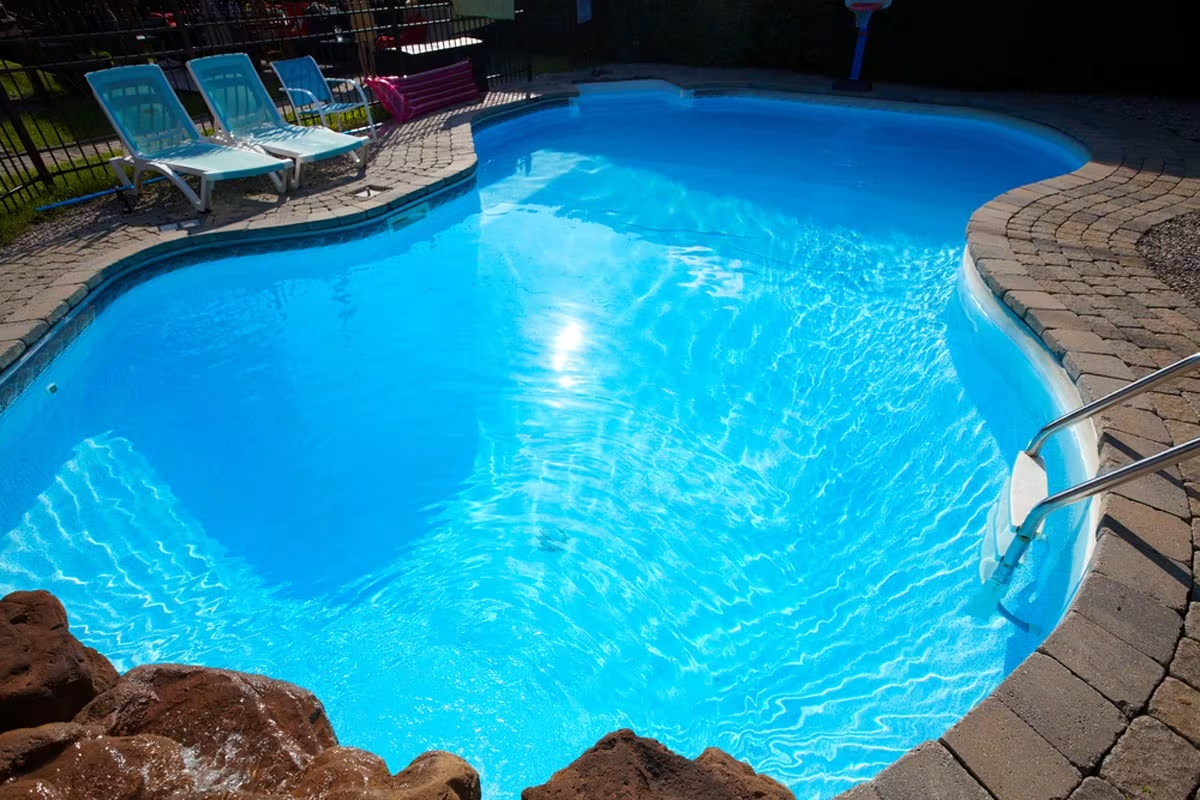No matter if your pool is active or idle, ensuring its water chemistry and cleanliness remains optimal is of utmost importance. Failure to do so could cost both time and money in maintenance issues down the line.
North Texas boasts warmer winter temperatures than other areas, yet a well-kept pool remains essential to survival.
Spring
As spring arrives, it is the ideal time to revitalize and prepare your pool for summer use. A thorough cleaning and preparation routine ensures your pool will be ready for daily use once temperatures warm up.
An annual cleaning routine helps reduce build-up of grime and debris, while providing an opportunity to replace cartridge filters.
As autumn sets in, it’s vital to monitor water chemistry and filtration system to avoid an imbalance. Wind, rain, and overhanging trees can blow leaves into your pool which clog skimmers and decrease circulation; to minimise this possibility investing in a leaf skimmer may be worthwhile.
Preserving balanced water chemistry even when your pool is closed can save both money and trouble down the road. Doing this will also help minimize algae growth. For even greater peace of mind, adding an enzyme product such as Prozyme to break down contaminants that don’t decompose as easily can clog your system and stain the pool surface is also highly recommended.
Summer
As summer transitions into fall, it’s crucial that pool owners remain diligent in monitoring water chemistry and skimming surface debris from their pool to maintain optimal conditions and reduce chances of algae growth.
Test and adjust chemicals after rainstorms or high usage, such as after heavy rainstorms. Now is also an ideal time to add mid-winter algaecide and stain/scale preventatives for better pool care in wintertime.
Finally, remove any toys or items left in the pool over winter. They could clog the filter and cause equipment damage, while collecting mold and mildew that could contaminate water when you open up your pool in spring. Doing this now will prevent more work to do when opening it back up later on.
Fall
Fall brings falling leaves and cooler temperatures that can have an adverse impact on the water quality in your pool, potentially altering its composition and leading to algae blooms during wintertime. A clean and sanitized pool environment is necessary in order to minimize this threat and maintain peak performance during the season.
Skimming the surface and clearing away organic debris should be part of a regular cleaning regimen, as this helps protect both skimmer and filter systems from buildup that could eventually clog. Furthermore, it helps ensure proper water chemistry balance.
Inspection of water and equipment on a weekly basis allows you to identify problems before they become bigger, which is especially vital during fall and winter when less pool use may make issues less likely to be noticed.
As part of your fall preparations for spring opening, it is also wise to drain and filter your pool pump and filter in order to avoid damage caused by freezing temperatures. Furthermore, all accessories such as ladders, cleaners, steps and solar blankets should also be stored away safely in dry locations so as to prevent winter weather damage to them. All these tasks will help your pool be ready for safe and enjoyable spring opening.
Winter
Winter can be an ideal time for your pool, but it still needs regular attention. Utilizing a skimmer net on a daily basis to remove debris will prevent it from clogging your filters, while vacuuming its bottom weekly will keep it clear. Incorporating regular chemical testing is still crucial as cold weather may cause your levels of chemistry to change rapidly.
Before closing your pool for winter, a good time to check its chemistry is in the autumn before closing it for good. Now is an excellent time to ensure calcium and other chemicals reach optimal levels so less chlorine will be necessary for sanitation next summer.
Add a safety cover – both mesh and solid – to your pool to help prepare it for winter, while protecting from debris while maintaining ventilation and circulation. Consult with an expert when choosing the best cover for your pool.
